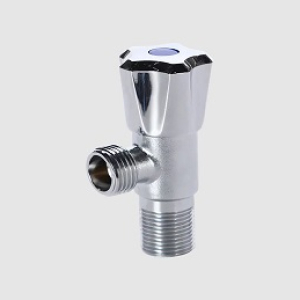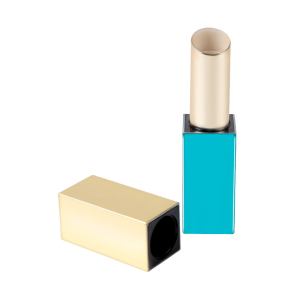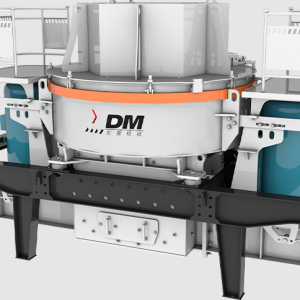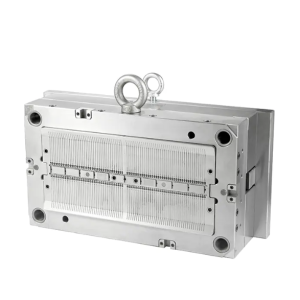A vacuum circuit breaker (VCB) is an essential component in modern electrical distribution systems, designed to protect electrical circuits from faults and overloads. The primary feature of a VCB is its use of vacuum as the arc extinguishing medium. When a fault is detected, the VCB interrupts the current flow by separating the contacts within a vacuum chamber, where the absence of gas or air prevents the arc from sustaining itself, thus quickly extinguishing it.
The vacuum technology offers several advantages over other arc extinguishing methods. One significant benefit is the ability to extinguish the arc at a low current, which reduces the wear and tear on the contacts and extends the operational life of the breaker. This makes VCBs highly reliable and capable of handling frequent operations without significant maintenance.
VCBs are commonly used in medium voltage applications, typically ranging from 3 kV to 36 kV. They are favored in industrial settings, power plants, and electrical substations due to their robustness and efficiency. Their compact size and minimal maintenance requirements also make them ideal for applications where space and downtime are critical factors.
In addition to reliability and longevity, VCBs are also known for their safety features. The vacuum environment not only extinguishes the arc quickly but also reduces the risk of fire and explosion, making them safer for both operators and equipment. Furthermore, advancements in vacuum interrupter technology have enhanced the performance of VCBs, allowing them to interrupt higher currents and voltages more effectively.
In summary, vacuum circuit breakers are a vital part of electrical protection systems, offering reliable, efficient, and safe operation. Their ability to handle high-frequency operations with minimal maintenance and their enhanced safety features make them indispensable in medium voltage applications.










